In Jmeter, I am using Concurrency Thread Group with ${__tstFeedback(ThroughputShapingTimer,1,10,10)} in combination with the Throughput Shaping Timer to dynamically change the target throughput throughout the test duration.
I want to have a JSR223 test element (Assertion or PostProcessor, does it matter?) in which to write custom logic to not log some specific error but only if it occurs near the end of the test script and I don't want to hardcode the time value.
For example if I get a java.net.SocketException in the last 2 minutes of the scheduled run time, I want to not log it, but I do want to log it in the rest of the time.
For this, I suppose that I need some way to grab the date when the test is supposed to end since the beginning of the test, evaluate it and subtract 2 minutes from it and then compare the current time with that time and then if the current time is higher, then start doing some logic to exclude the result from the logging.
Update: In the "Normal" or "Default" Thread Group I noticed that I can do this to get the initial duration:
String groupDuration = ctx.getThreadGroup().getDuration();
log.info(groupDuration)
But for the Concurrency Thread Group it does not work the same.
I would appreciate any information to help me achieve this goal.
